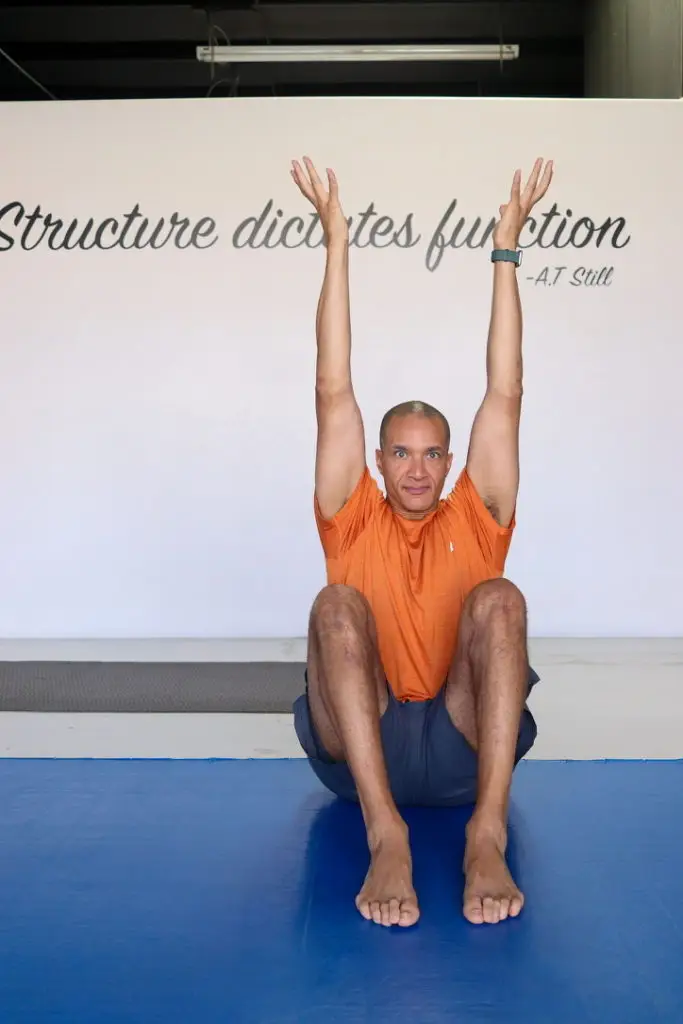
We all carry around a sense of who we are—an identity built from childhood, family, culture, personal achievements, and sometimes failures. Our identities are shaped consciously and unconsciously, acquired from parents or society or just the habits we fall into. But here’s the truth: the identities we hold most deeply are not just assigned to us—they’re chosen, and they’re changeable.
Take a moment today to think: What parts of your identity are fixed, and which are flexible? Maybe you’ve always considered yourself “not athletic,” “not a morning person,” or “the kind of person who finishes what they start.” How are these beliefs shaping your day-to-day actions? If you set a goal to become more fit, but your self-talk says “I’m lazy” or “I hate exercise,” what chance does that goal have?
One client, Jennifer, once told me, “I always quit things halfway. I’d love to stay consistent with fitness, but that’s just not who I am.” We challenged that together. Instead of focusing on the outcome—lose weight, run a 10K—Jennifer started shifting her language to, “I’m the kind of person who moves every day, cares for her body, and learns as she goes.” The difference wasn’t just semantic: over months, each small decision reinforced the new identity. When she missed a workout, she didn’t spiral—she noticed, forgave herself, and moved on, just like the “person who stays in the game.”
Why Identity Trumps Motivation or Goals
Scientific research in behavioral psychology shows that when actions are tied to identity, not just willpower, they become much more consistent—even under stress or setbacks. When you identify as a “healthy person,” you’re more likely to choose water over soda, take the stairs, and protect your commitment to movement.
The reverse is also true. If you only chase external goals (“I want to lose 20 pounds,” “I want six-pack abs”), the moment obstacles arise—illness, holiday meals, a few tough weeks at work—the goal is the first thing to go.
But what if you identify as someone who values health—not just for results, but for its own sake? Someone who trains because it supports a fulfilling life, not just to change a number? Suddenly, showing up is automatic, not forced.
Steps to Shift Your Identity and See Lasting Change
- Decide Who You Want to Be
What single phrase or habit captures your ideal future self? Write it down. Make it present tense. E.g., “I’m the kind of person who prioritizes recovery as much as training.” - Reverse Engineer Daily Actions
Ask, “What does a person like that do every day?” Do they take lunch walks? Log their workouts? Prep vegetables ahead of time? Every small act reinforces the identity, until it feels natural. - Tie Your New Identity to What You Want Most
Shift “I want to visit Paris someday” to “I’m the kind of person who saves for travel.” The action—saving—becomes effortless when it’s tied to who you are. - Track Progress and Celebrate Wins
Keep a journal: note every time you act like your ideal self. Acknowledge setbacks as temporary, not defining. This builds self-trust. - Reframe Setbacks
When you slip—miss training, eat junk, lose sleep—don’t label yourself a failure. Use identity to bounce back: “I’m a person who gets back on track.”
Stories from Practice
I see this transformation often. A fitness client, Mark, wanted to be “more flexible.” We reframed: “I am the kind of person who stretches mindfully after every run, listens to his body, tries new techniques.” Within weeks, the chore became a habit; within months, he noticed better movement and lower injury risk—and his friends started copying his disciplined routine.
Ready to Start?
If you’re struggling with motivation or want to break frustrating patterns, claim our free guide: Move Better, Reduce Pain, and Live Life On Your Terms. The 4 Steps To Break The Cycle, Fix It And Keep it! It reframes goals into habits and habits into identity, so lasting success comes naturally, not by force.
It’s not just working out, it’s building a foundation for a better life.
Find out more @

Leave a Reply